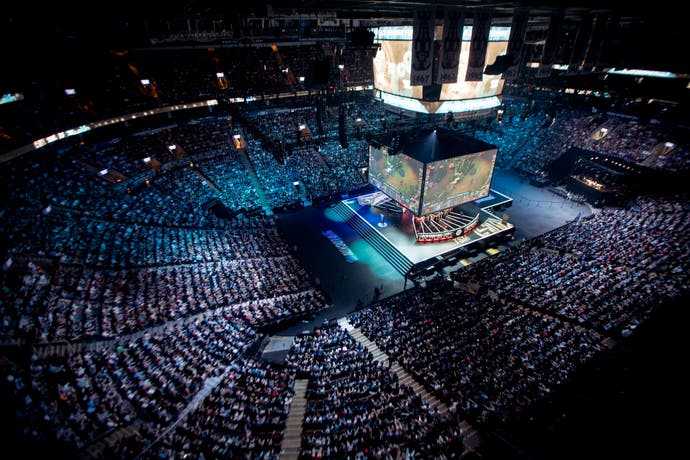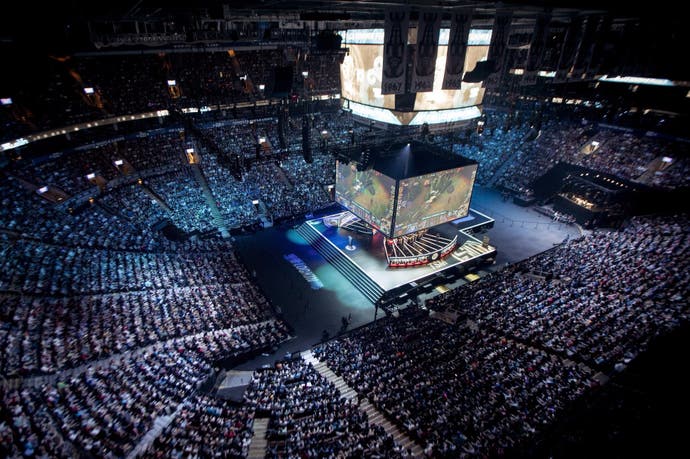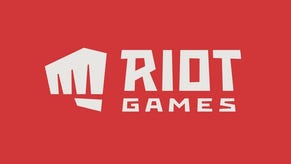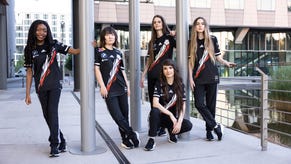League of Legends eSports controversy continues as Riot announces sweeping changes to funding
Repairing the Rift?
Riot Games has announced a broad set of changes to the way it distributes eSports funding, following weeks of debate amongst the competitive League of Legends community.
The context here is complicated, to say the least, but the changes were undoubtedly sparked by last month's controversy involving complaints made by TSM team owner Andy "Reginald" Dinh, and the subsequent responses from Riot Games and League of Legends co-founder Marc "Tryndamere" Merrill. In brief, Dinh - and others - argued that Riot made the lives of team owners and players extremely difficult with both disruptive game patches ahead of tournaments, and overzealous restrictions on sponsorship income.
Since then, the community has entered something of an introspective period. Numerous team owners, such as Immortals chairman Clinton Foy, along with fellow professional League of Legends players, grouped together under the hashtag 'LCSForever' in a rather stirring show of support for the cause. The 800,000 member strong League of Legends subreddit discussed the issues with it's usual gusto.
Dinh summarised the makeshift player and owners' union's stance: "Marc, I agree that these urgent issues need to be addressed immediately. There is a detailed proposal signed by NA LCS teams and players headed to your inbox today. We'll solve these problems together."
At the same time, Christopher "MonteCristo" Mykles, a highly-regarded, now former-commentator for Riot Games' major LoL eSports tournaments, released a series of scathing tweets and video blogs, criticising Riot for their handling of the professional scene, distribution of sponsorship revenue, and allegedly well below industry-rate pay.
Mykles was not invited to participate at the League of Legends World Championships this October and has since broken off official ties with Riot entirely, instead moving into Overwatch commentary. This followed an episode in which Mykles refused to commentate on the League of Legends Mid Season Invitational tournament due to a pay offer which he and fellow commentator Erik "DoA" Lonnquist claimed was "approximately 40 per cent to 70 per cent of the rate received by talent for major events" in other eSports games such as Dota 2, StarCraft 2, Counter Strike: Global Offensive, Halo 5 and Hearthstone.
In a long open letter titled "LoL eSports Now and in the Future", Riot's eSports division cited a "three step path: Fandom, Economics, Stability", alongside its specific solutions to team funding detailed (in shortened form) below:
- Championship skin and ward - From now, 25 per cent of revenue from each year's Championship skin and Championship Ward will be added to the Worlds prize pool. For context, had this been applied last year, it would have more than doubled the prize pool.
- Challenger skin - Similarly, going forward, 25 per cent of revenue from each year's Challenger skin will be added to the MSI prize pool.
- Team Championship skins - Beginning with the winning team from this year's Worlds, we will be sharing 25 per cent of the revenue earned on skin sales in the launch year of each set of Team Championship skins directly with the players who inspired them, as well as their team and league (because it takes a village to make a champion). Winning teams from previous years will also receive a share of skin revenue.
- New (and improved) digital goods - Next year, we'll be introducing new revenue sharing opportunities, such as team-branded in-game items and eSports promotions, as well as improving revenue sharing on summoner icons. We believe the potential for revenue is extremely strong for committed teams building strong brands - but given that these are new and untested products and we're looking to address an immediate gap in team revenue, in 2017 each league will set aside a guaranteed minimum to each of its teams as it determines appropriate based on regional needs. For example, the EU LCS will have a minimum revenue amount of €100,000 per team for the full season, of which 50% will go to players as supplemental income on top of their existing salaries."
How do the above comments all pertain to Riot's new solution? Well, some still see problems.
This, really, is the crux of the issue for LoL eSports now. Riot's plan for the future undoubtedly addresses the problem of team revenue in the short term, but in allowing the top teams to earn significant rewards from major tournaments (and indeed granting retrospective rewards to previous winners), it also draws parallels with real world sporting revenue problems.
Spanish football's top division, La Liga, has seen behemoth clubs Barcelona and Real Madrid break well away from the pack, as it allows it's clubs to individually negotiate their television rights rather than sharing it across all clubs in the league. As a result, Barcelona and Real have held a largely indomitable spot at the top of the competition, with gaps in revenue and footballing success between those two and the rest of La Liga only widening each year. Contrast this with the English Premier League, which recently struck an astronomical £8.3 billion broadcasting deal that will be shared evenly across its 20 members.

League of Legends eSports, then, may still see more than a few teething problems in the future: the first three of Riot's four solutions above certainly lend themselves to a similar, La Liga-style situation. Some, such as MonteCristo, continue to claim that "nothing gets done with Riot unless it goes public", and that unsustainable player salaries will only continue to be inflated by the new policies. Sponsorship, as a whole, receives only a cursory mention in the open letter.
Yet the steps laid out above are certainly a move in the right direction. Riot's fourth point - a policy of minimum revenues for clubs - could add much-needed income to players and team owners within the professional leagues. In simple terms, more money is being recurculated into leagues, teams, and players. How stabilising that flow of money will be is something we'll have to wait to find out.

















